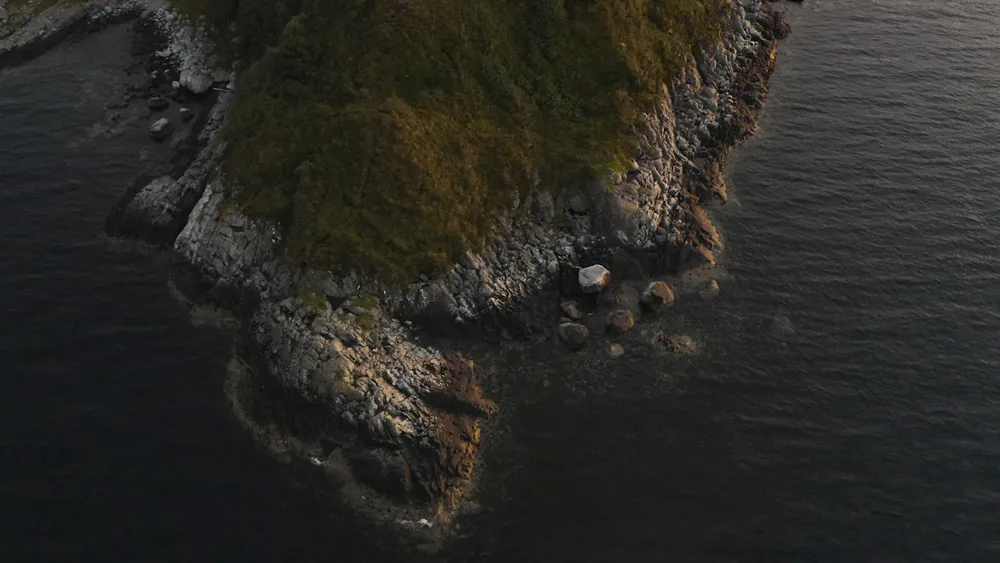Discussions between Argentina and Chile over the new Agua Negra tunnel to connect the two countries are proving fruitful. A bi-national commission is overseeing the project and assessing bids, with the construction work expected to cost in the region of US$1.5 billion. Technical proposals will have to be submitted by February 2017, with economic bids made by May 2017. The winner of the tender could be announced in early 2018, with the first excavation work then commencing in late 2018 or early 2019. This wi
October 11, 2016
Read time: 2 mins
Discussions between Argentina and Chile over the new Agua Negra tunnel to connect the two countries are proving fruitful. A bi-national commission is overseeing the project and assessing bids, with the construction work expected to cost in the region of US$1.5 billion. Technical proposals will have to be submitted by February 2017, with economic bids made by May 2017. The winner of the tender could be announced in early 2018, with the first excavation work then commencing in late 2018 or early 2019. This will be a challenging project to carry out due to the tough environment at the working areas on either side of the border. The tunnel portals will be at altitude, which will present challenges due to severe winter weather as well as the remoteness of the sites. Given the technical complexity of the project as well as the challenges it will present, it seems likely that tenders will be made by consortia banding together to bring group expertise as well as funding to the work.







